What is a Payment Processing System and How Does It Work?
Stax
MARCH 18, 2025
Payment processing systems help merchants accept various types of payments, such as credit and debit cards, automated clearing house (ACH) , electronic funds transfers (EFTs), digital wallets, mobile payments, and even cryptocurrencies. Issuing bank – The financial institution that issued the customers credit or debit card.




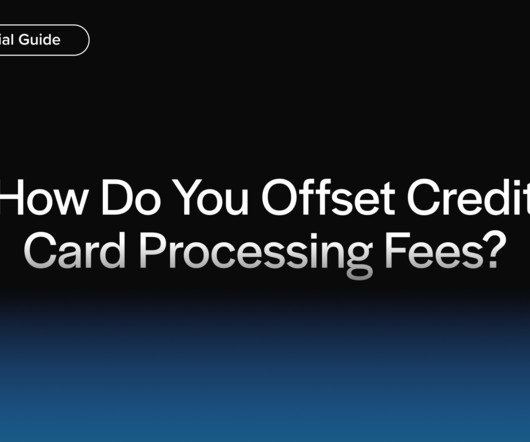

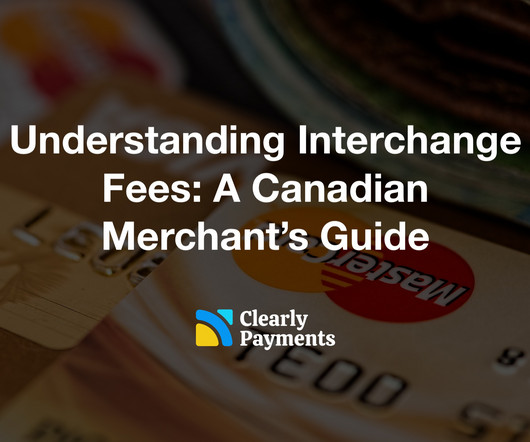
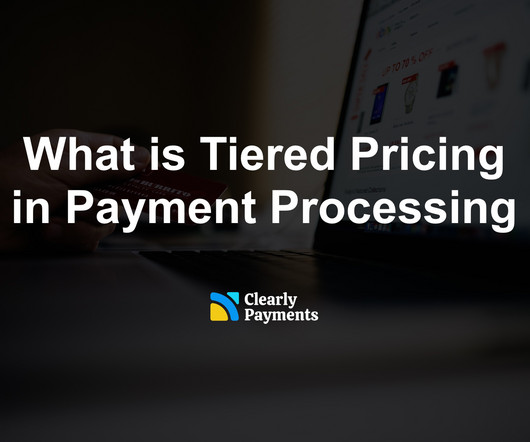
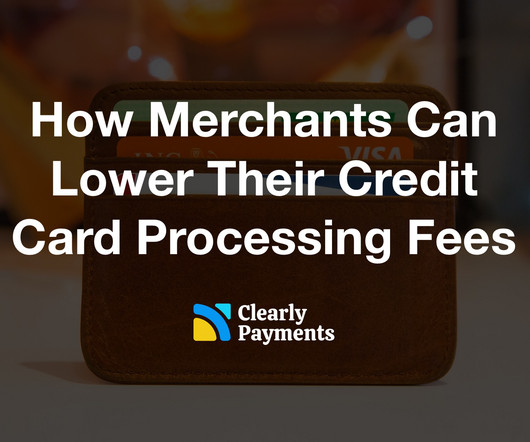


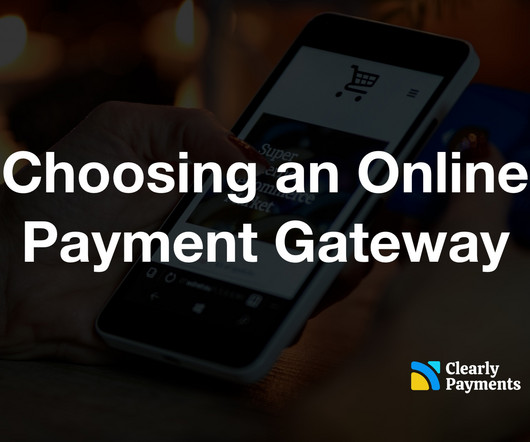









Let's personalize your content